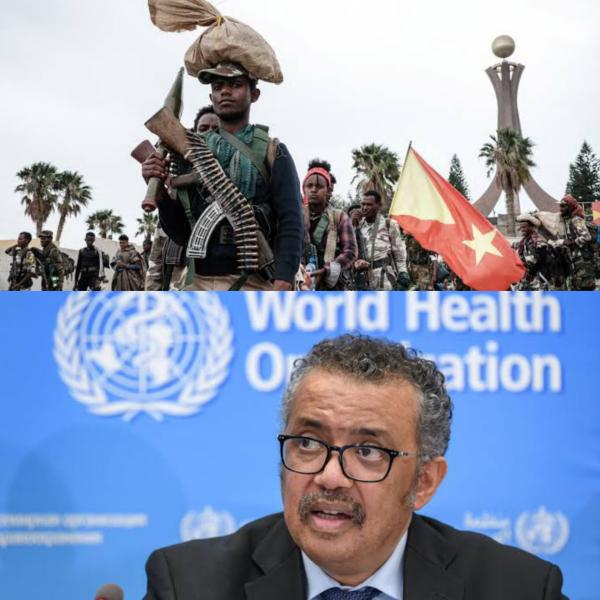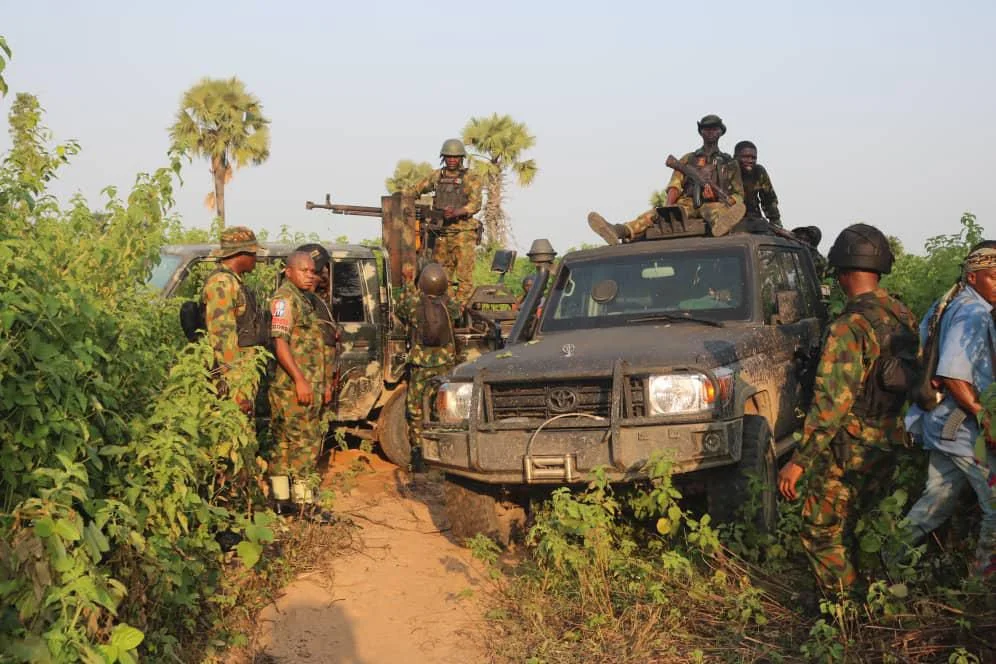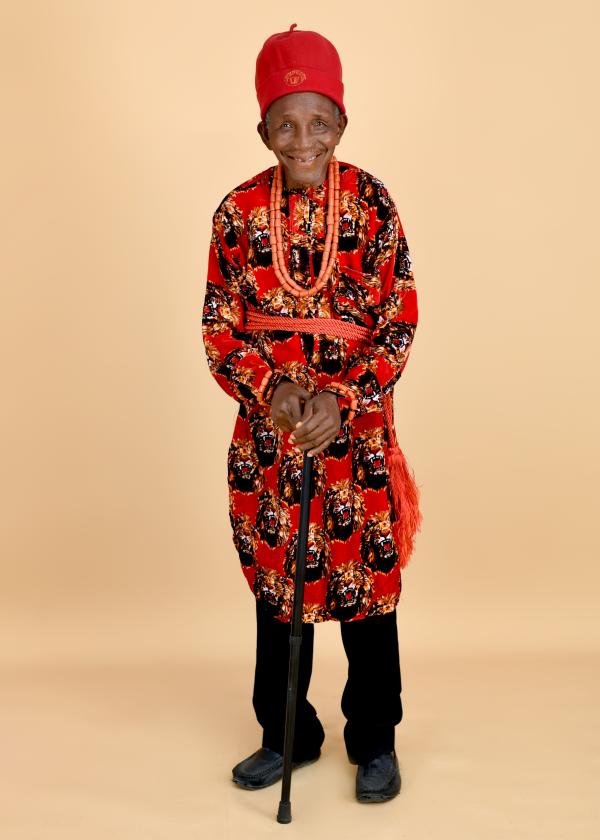
The World Health Organization (WHO) boss, Dr Tedros Ghebreyesus, has revealed he is unable to send money to his "starving" relatives in Tigray, the war torn region of Ethiopia.
Since the war began in 2020 between the Tigray region forces and Ethiopian government forces, the region has been cut off from the outside world, with no electricity, phone calls, banking services or internet allowed in the region.
Ethiopia's government has been accused of imposing an aid blockade on the region which has stopped crucial deliveries of food, medicine and aid to the region
Tens of thousands of civilians have died and millions are in urgent need of food aid. The World Food Programme says that almost half of Tigray's 5.5m population are in "severe" need of food.
Fighting resumed this week after months of calm following a truce agreed in March between Tigrayan forces and the Ethiopian government.
Now, Tedros Ghebreyseus who hails from Ethiopia says his relatives are in Tigray and he can't reach or assist them.
"I have many starving relatives there. I want to send them money. I cannot send them money," he said in a press conference.
"I don't know even who is dead or who is alive," he continued
Dr Tedros, a former Ethiopian health minister, said the situation was worse than that in Ukraine and suggested that racism was behind the difference in the global response.
"I can tell you that the humanitarian crisis in Tigray is more than Ukraine, without any exaggeration. And I said it many months ago, maybe the reason is the colour of the skin of the people in Tigray."
The Tigray war broke out in Ethiopia's northernmost region in November 2020 - later spreading south to the Amhara and Afar regions.
Thousands were killed, over two million people fled their homes and some 700,000 people were left living in "famine-like conditions", the UN said.






















